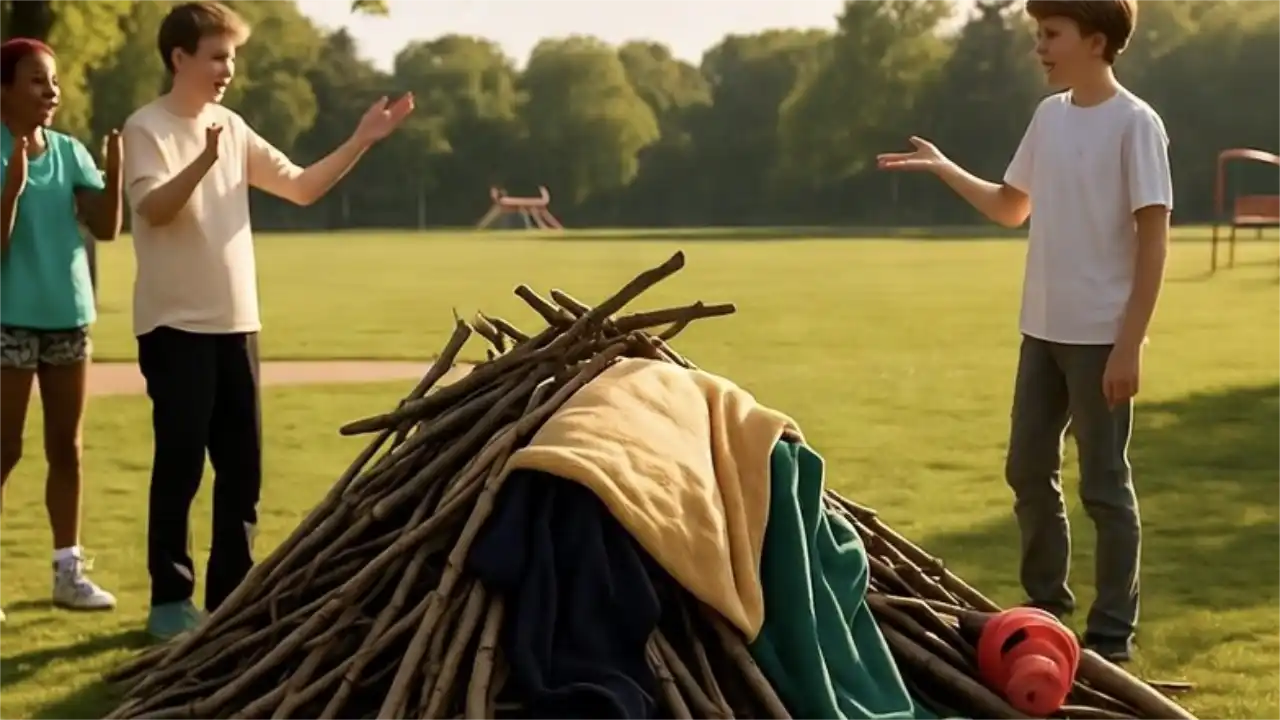
Modeling Collaborative Behavior: Navigate Conflict in Teamwork
T
eamwork isn’t just about harmony. It’s about handling friction with clarity and respect. When kids work with others—on projects, games, or shared tasks—conflicts will arise. Someone talks over them. A rule feels unfair. An idea gets ignored. These moments don’t signal failure—they’re training grounds for stronger teams. When you show a child how to speak up without attacking, how to listen without folding, and how to resolve tension without drama, you give them the tools to stay steady in the mess of collaboration.
One afternoon, a group of kids at the park argued about how to build a fort. My son stood back, unsure. Later, I asked what happened. “Too much shouting,” he said. I offered a question: “What could make it go better next time?” He thought, then said, “Maybe take turns. Or vote.” A week later, at a family breakfast, we hit a similar wall—who got the last pancake. This time, he stepped in: “Let’s all pitch an idea and agree together.” The tone shifted. That one sentence didn’t just solve the flap—it gave everyone a path forward.
Create small, low-stakes chances to practice. Play cooperative games where players must plan together. If conflict arises, pause and name it gently: “Looks like we’re stuck—what should we do?” For teens, raise real dilemmas they’ve seen at school or online. Ask how a group might handle disagreement with reason and fairness. These early skills build not just better teamwork—but stronger friendships, calmer classrooms, and more thoughtful leaders.
Modeling Collaborative Behavior
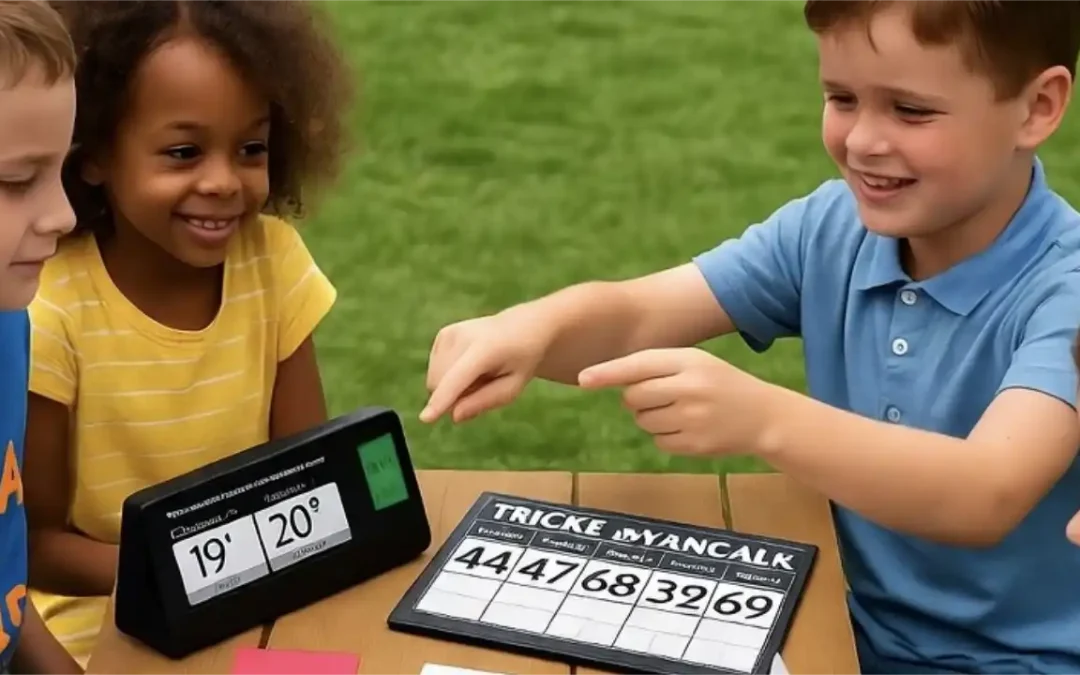
Modeling Collaborative Behavior: Lead Games with Confidence
Let your child lead games to develop communication, decision-making, and leadership confidence in a low-pressure, playful environment.
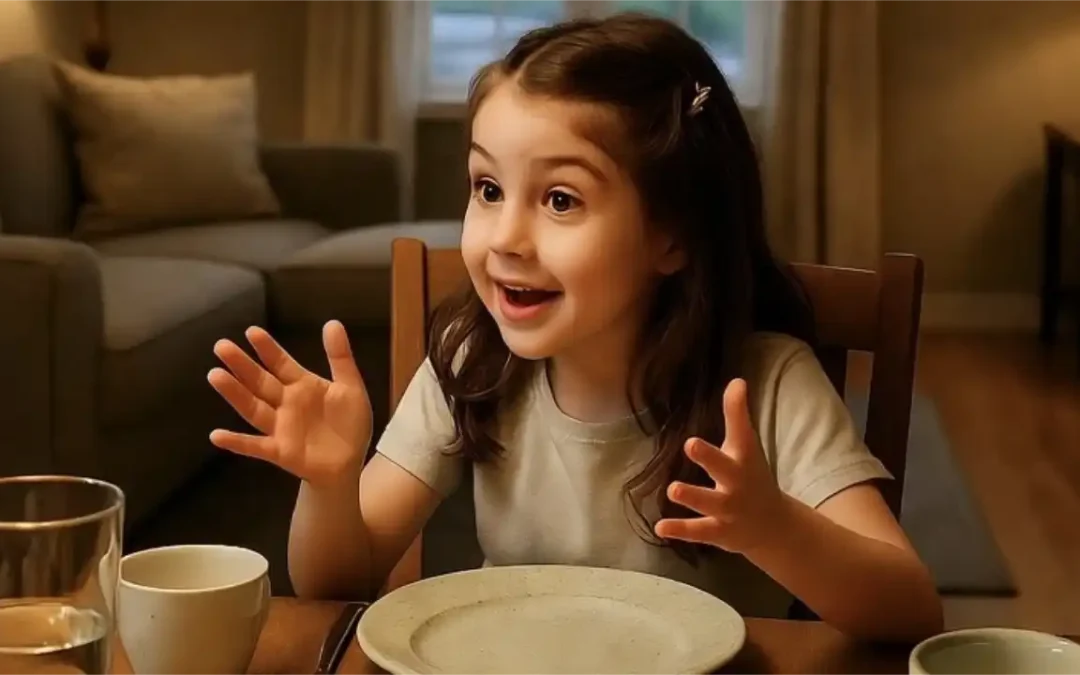
Modeling Collaborative Behavior: Share Stories of Team Wins
Celebrating shared wins reinforces connection and meaning. Tell stories of team successes to inspire confidence and collaboration.

Modeling Collaborative Behavior: Work as a Family Crew
Shared responsibility builds confidence and unity. Treat household tasks as teamwork to develop skills, pride, and belonging.
Table of contents

Primordial Soup for the Mind: Navigation
Navigate the book Primordial Soup for the Mind.
TIPS
- Praise calm explanations, not just compromise.
- Help them name the problem before rushing to fix it.
- Stay neutral when moderating their conflicts—guide, don’t judge.
ACTIVITIES
- Conflict Freeze: During a game or task, pause if tension rises. Ask each child to explain their view calmly.
- Two Solutions: When a dispute arises, challenge the group to generate two fair solutions.
- Memory Talk: Share a time you resolved group tension well—and what helped.
EXAMPLE
At a birthday party, a disagreement flared over game rules. My daughter paused and said, “Let’s each say one idea.” The kids followed her lead—and kept playing.

Download “Primordial Soup for the Mind: A Parent’s Guide to Nurturing Intellectual Growth”
Enter your information to get this article and hundreds more as part of the FREE book Primordial Soup for the Mind.
Share your thoughts with the Thought Academy community in the Comments section below.

Sharpen those skills!
Enter your information to get our FREE practice exercises so you can hone your critical thinking and reasoning skills!




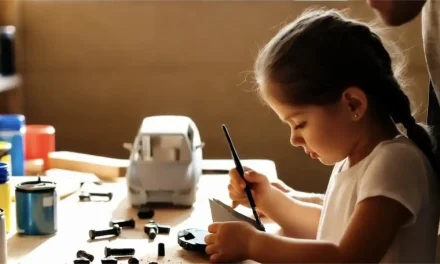

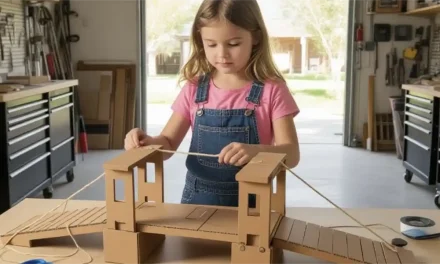
0 Comments